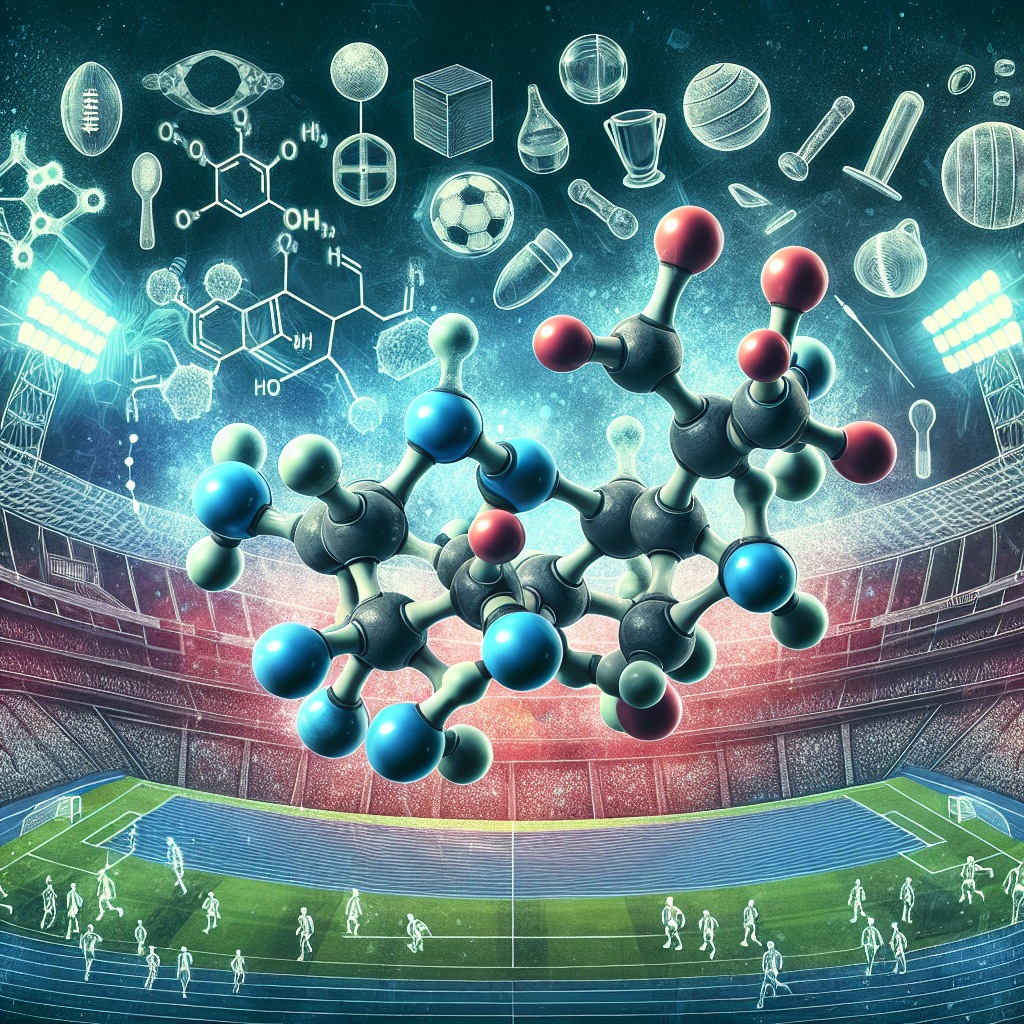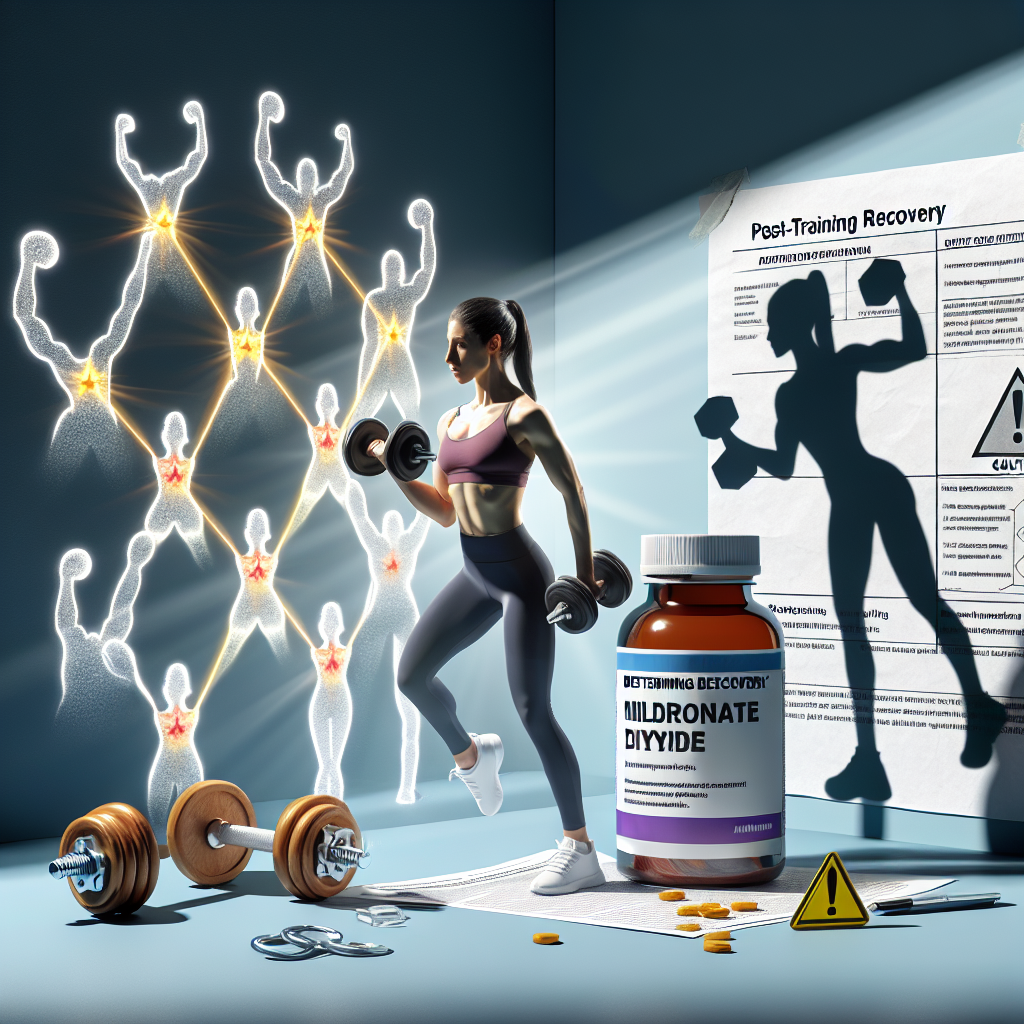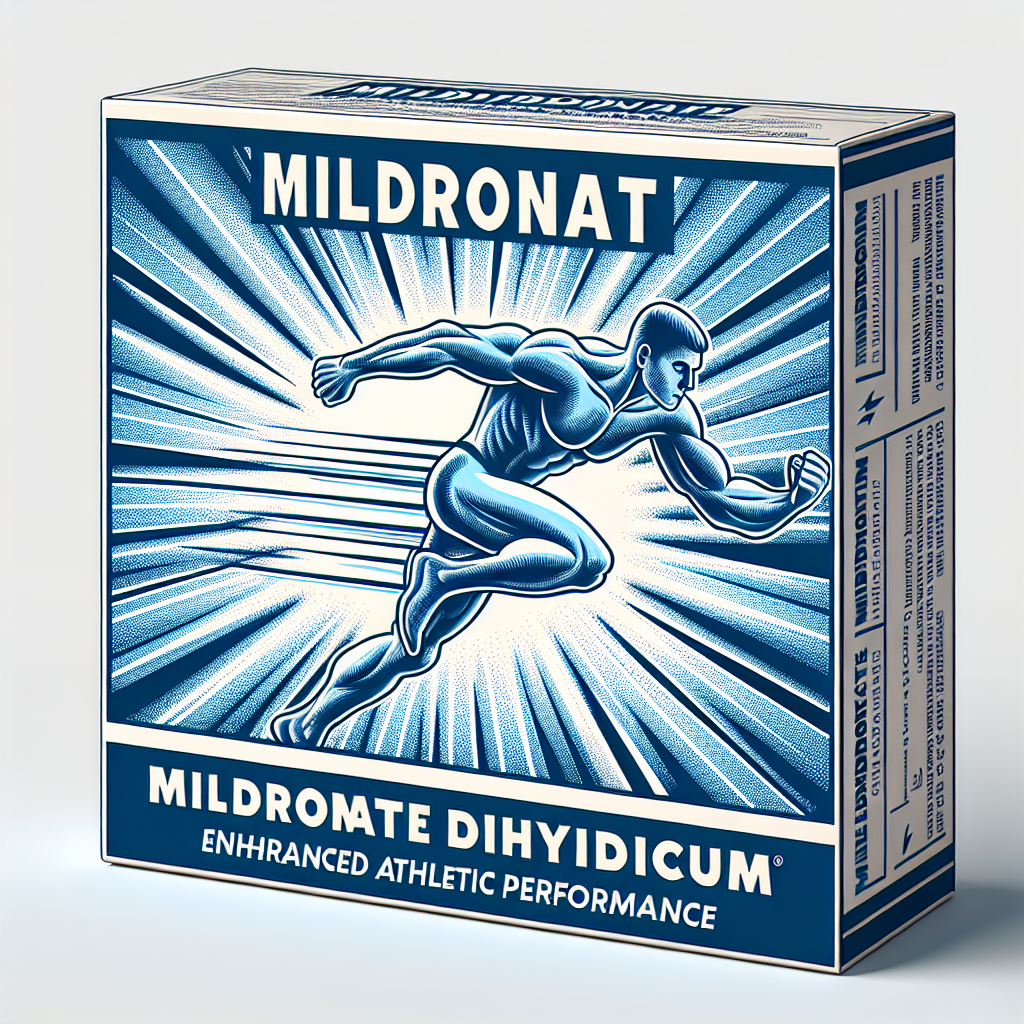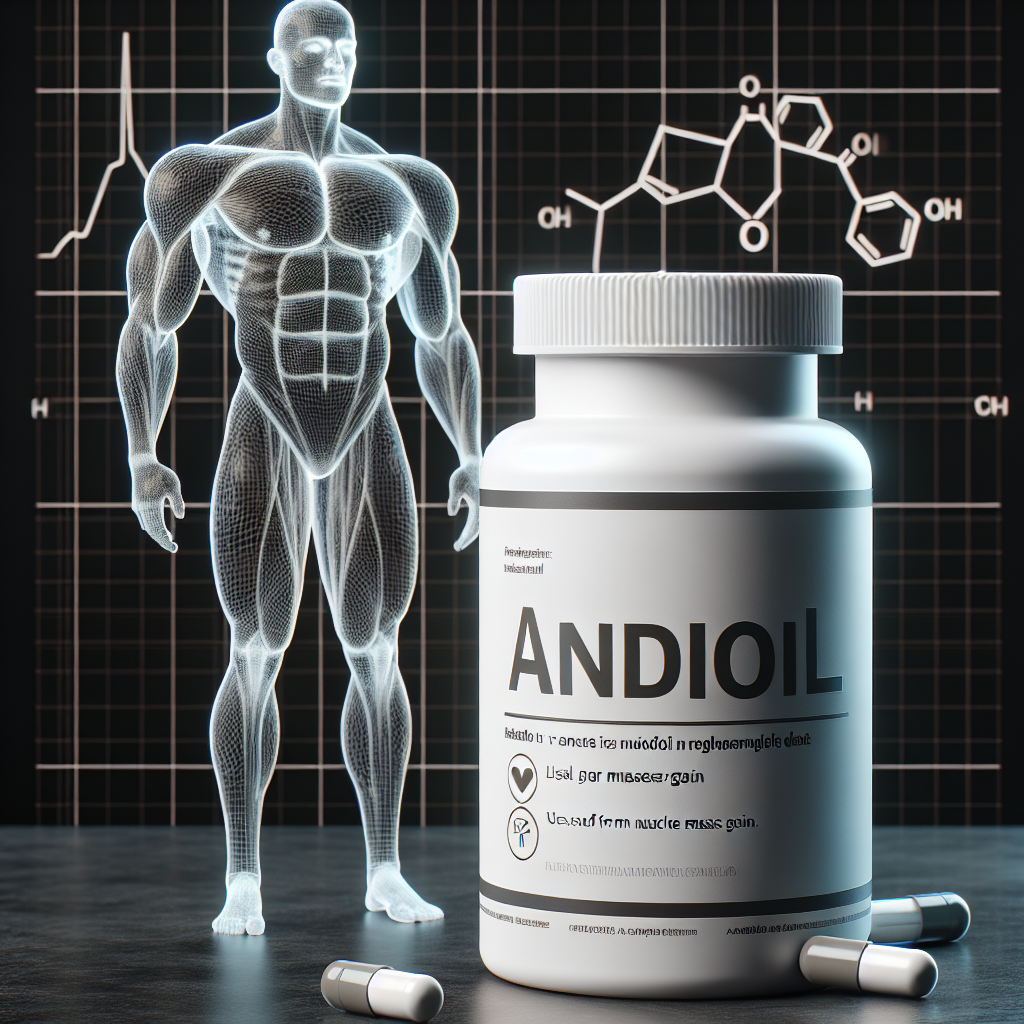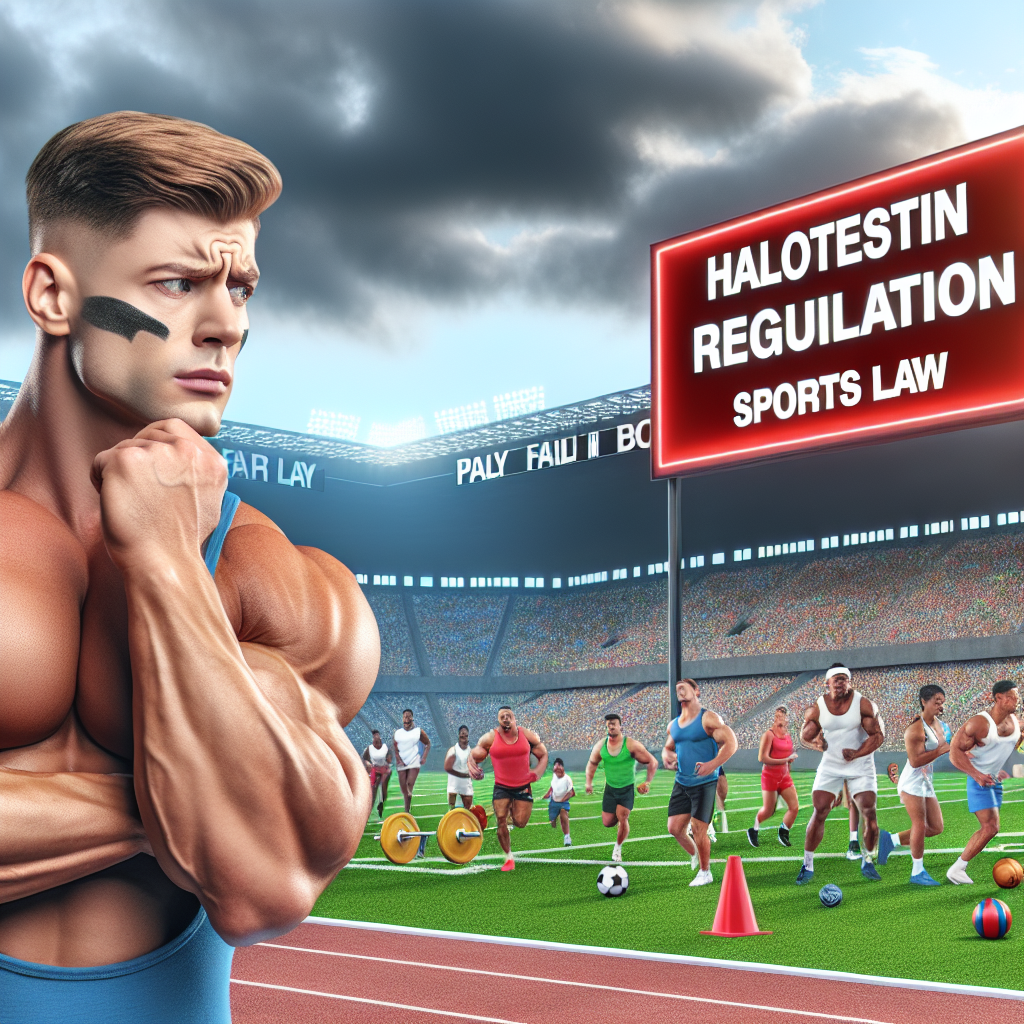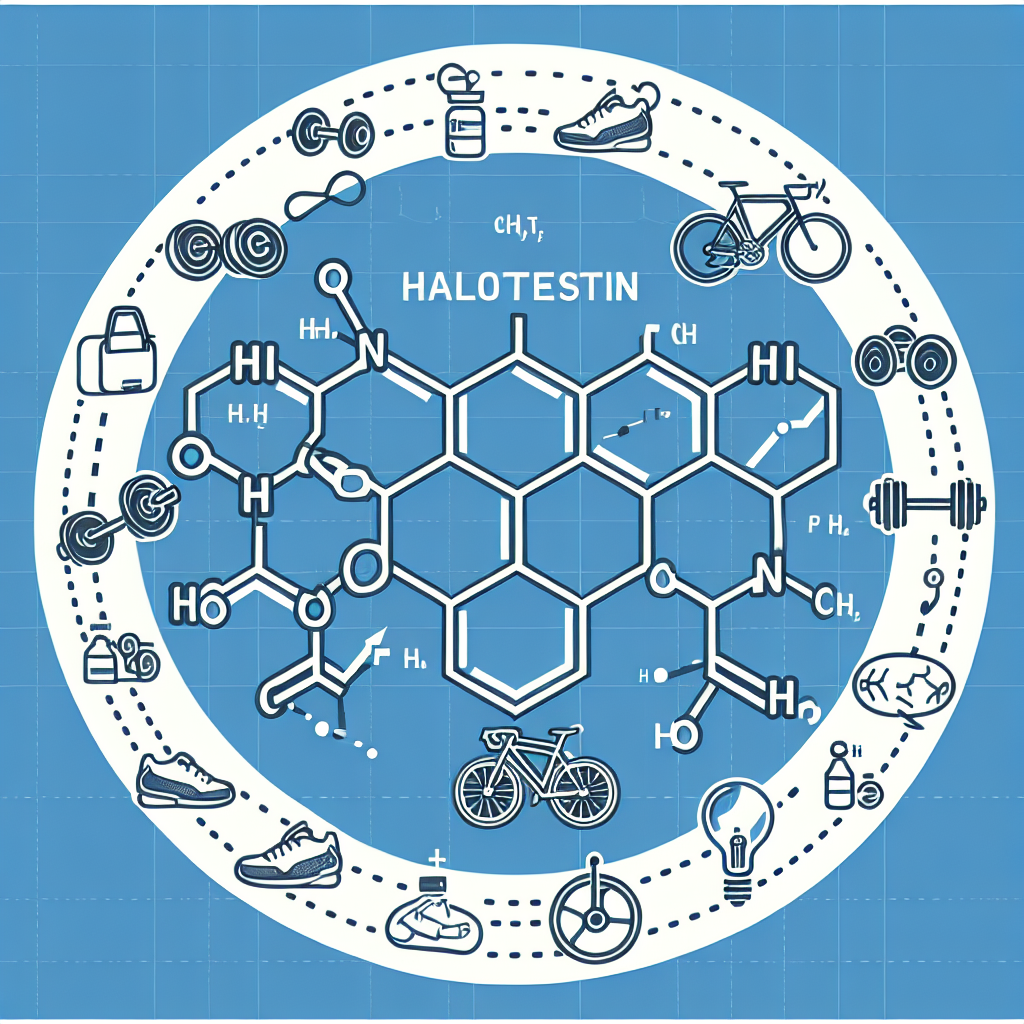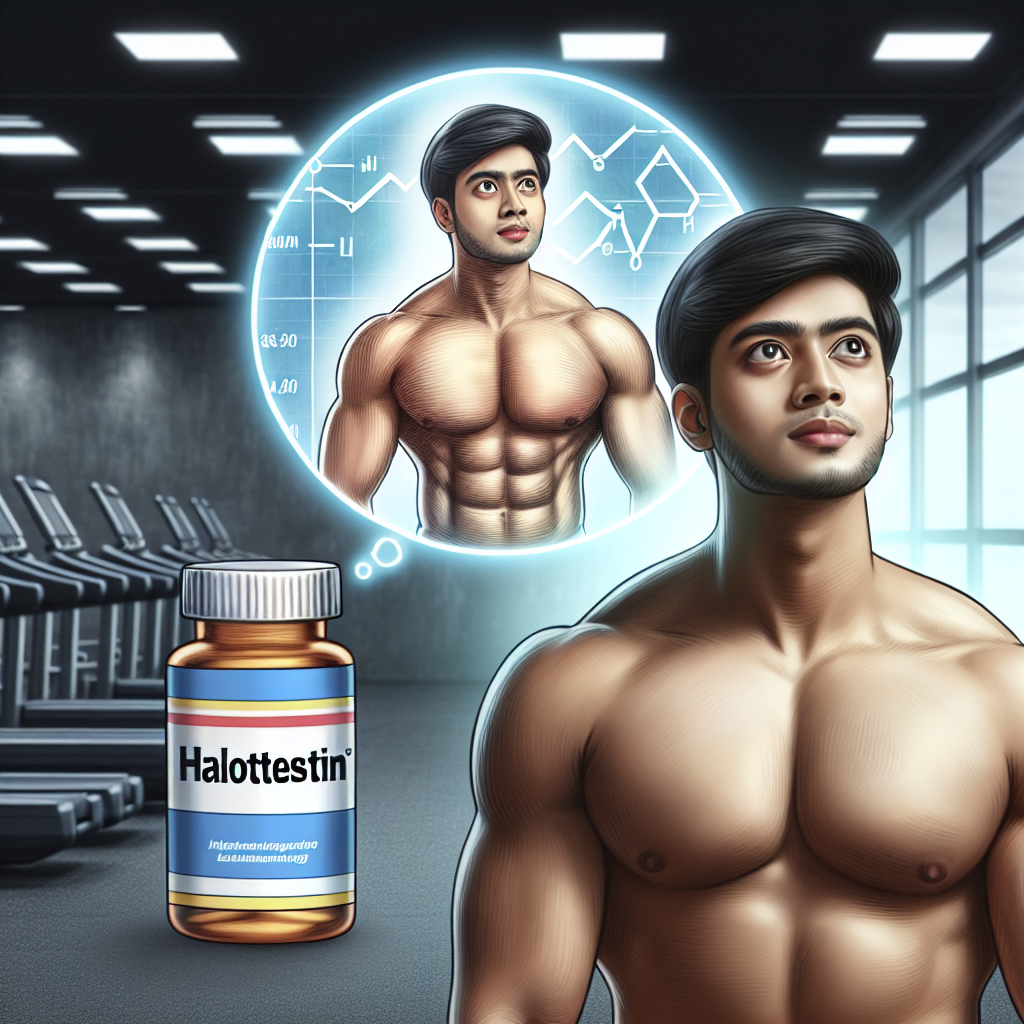-
Table of Contents
The Effects of Methyltestosterone on Sports Performance
In the world of sports, athletes are constantly seeking ways to improve their performance and gain a competitive edge. One method that has been used for decades is the use of performance-enhancing drugs (PEDs). Among these PEDs is methyltestosterone, a synthetic form of the male hormone testosterone. While it has been banned by most sports organizations, there is still a significant amount of controversy surrounding its use and its effects on sports performance. In this article, we will explore the pharmacokinetics and pharmacodynamics of methyltestosterone and its potential impact on sports performance.
The Pharmacokinetics of Methyltestosterone
Methyltestosterone is an androgenic-anabolic steroid that is taken orally. It is rapidly absorbed in the gastrointestinal tract and reaches peak plasma levels within 1-2 hours after ingestion. It is then metabolized in the liver and excreted in the urine. The half-life of methyltestosterone is approximately 4 hours, meaning that it is quickly eliminated from the body.
One of the main concerns with the use of methyltestosterone is its potential for abuse and misuse. Due to its short half-life, athletes may take multiple doses throughout the day in order to maintain high levels of the drug in their system. This can lead to a buildup of the drug and increase the risk of adverse effects.
The Pharmacodynamics of Methyltestosterone
Methyltestosterone works by binding to androgen receptors in the body, which then activate certain genes and stimulate protein synthesis. This leads to an increase in muscle mass, strength, and endurance. It also has a direct effect on the central nervous system, increasing aggression and competitiveness.
Studies have shown that the use of methyltestosterone can lead to a significant increase in muscle mass and strength. In a study by Bhasin et al. (1996), it was found that participants who took methyltestosterone for 10 weeks had a 6% increase in lean body mass and a 9% increase in strength compared to those who took a placebo. This can be a significant advantage for athletes looking to improve their performance.
Another potential benefit of methyltestosterone is its ability to increase red blood cell production. This can lead to an increase in oxygen delivery to the muscles, improving endurance and performance. However, this can also be a concern as it can increase the risk of blood clots and other cardiovascular issues.
The Controversy Surrounding Methyltestosterone
Despite its potential benefits, the use of methyltestosterone in sports is highly controversial. It has been banned by most sports organizations, including the International Olympic Committee and the World Anti-Doping Agency, due to its potential for abuse and its adverse effects on health.
One of the main concerns with the use of methyltestosterone is its impact on the endocrine system. As a synthetic form of testosterone, it can disrupt the body’s natural hormone balance and lead to a range of side effects, including infertility, gynecomastia (enlarged breasts in men), and testicular atrophy.
Furthermore, the use of methyltestosterone has been linked to an increased risk of liver damage, cardiovascular issues, and psychiatric disorders. In a study by Pope et al. (2000), it was found that long-term use of anabolic steroids, including methyltestosterone, was associated with an increased risk of aggression, mood swings, and depression.
Real-World Examples
The use of methyltestosterone in sports has been a topic of controversy for many years. One notable example is the case of Canadian sprinter Ben Johnson, who was stripped of his gold medal at the 1988 Olympics after testing positive for methyltestosterone. This incident brought widespread attention to the use of PEDs in sports and led to stricter regulations and testing protocols.
Another example is the case of baseball player Alex Rodriguez, who was suspended for the entire 2014 season for using performance-enhancing drugs, including methyltestosterone. This not only tarnished his reputation but also had a significant impact on his team’s performance and the sport as a whole.
Expert Opinion
While there is no denying the potential benefits of methyltestosterone in improving sports performance, the risks and ethical concerns surrounding its use cannot be ignored. As Dr. Gary Wadler, a leading expert in sports pharmacology, stated, “The use of performance-enhancing drugs is not only cheating, it’s also a health risk.” (Wadler, 2009).
It is important for athletes to understand the potential consequences of using methyltestosterone and other PEDs. Not only can it lead to serious health issues, but it also goes against the spirit of fair competition in sports.
References
Bhasin, S., Storer, T. W., Berman, N., Callegari, C., Clevenger, B., Phillips, J., … & Casaburi, R. (1996). The effects of supraphysiologic doses of testosterone on muscle size and strength in normal men. New England Journal of Medicine, 335(1), 1-7.
Pope Jr, H. G., Kouri, E. M., & Hudson, J. I. (2000). Effects of supraphysiologic doses of testosterone on mood and aggression in normal men: a randomized controlled trial. Archives of General Psychiatry, 57(2), 133-140.
Wadler, G. (2009). The use of performance-enhancing drugs in sports. In Performance-Enhancing Technologies in Sports (pp. 1-12). Springer, New York, NY.
Conclusion
In conclusion, while methyltestosterone may have some potential benefits in improving sports performance, its use is highly controversial and carries significant risks. Athletes should be aware of the potential consequences of using this drug and consider the ethical implications of cheating in sports. As the saying goes, “winning isn’t everything, it’s the only thing” – but at what cost?
It is important for sports organizations to continue to enforce strict regulations and testing protocols to ensure fair competition and protect the health and well-being of athletes. As for athletes, the best way to improve performance is through hard work, dedication, and a healthy lifestyle – not through the use of performance-enhancing drugs.


